Rosetta: 'Rock and roll' space mission crashes to an end
Spacecraft touches down on comet 67P as European Space Agency says goodbye to 20-year project
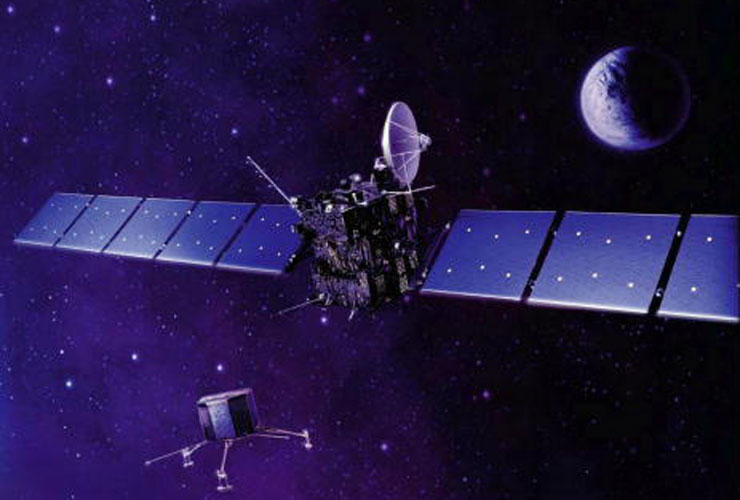
A free daily email with the biggest news stories of the day – and the best features from TheWeek.com
You are now subscribed
Your newsletter sign-up was successful
Rosetta awoken: why is unique space mission so significant?
20 January
EUROPE'S Rosetta spacecraft is being "woken up" today in preparation for an unprecedented mission to land on the surface of a comet. It is a key milestone in the decade-long quest to learn more about the 67P/Churyumov–Gerasimenko comet and the origin of the solar system.
So what exactly is Rosetta?
The Week
Escape your echo chamber. Get the facts behind the news, plus analysis from multiple perspectives.

Sign up for The Week's Free Newsletters
From our morning news briefing to a weekly Good News Newsletter, get the best of The Week delivered directly to your inbox.
From our morning news briefing to a weekly Good News Newsletter, get the best of The Week delivered directly to your inbox.
The Rosetta spacecraft consists of two main parts: a space probe orbiter and a small three-legged robot lander called Philae. It has been chasing comet 67P/Churyumov–Gerasimenko since it was launched in 2004 but has taken quite a circuitous route. It has made three flybys of Earth and one of Mars, using the planets' gravitational pulls to build up enough speed and get on a trajectory towards the comet. It has also encountered the asteroids Steins in 2008 and Lutetia in 2010 along the way.
Where is Rosetta now?
The reactivation of Rosetta is happening some 800 million kilometres from Earth, out near the orbit of the planet Jupiter. It is believed to be nine million km away from 67P/Churyumov–Gerasimenko.
Why was it 'sleeping'?
A free daily email with the biggest news stories of the day – and the best features from TheWeek.com
The spacecraft, which operates on solar energy, was placed into deep space hibernation on 8 June 2011 to save energy. After crossing the asteroid belt between Mars and Jupiter it cruised too far from the Sun to keep going. During its hibernation, its solar panels have been reoriented to face the Sun. Now, 31 months after it was shut down, Rosetta's orbit has brought it back to within 673 million kilometres of the Sun, and there is finally enough solar energy to power the spacecraft fully again.
What happens now?
Rosetta's on-board alarm clock – described by the European Space Agency as the "most important alarm clock in the solar system" – was due to go off at 10am GMT today. It will take the spacecraft about seven hours to warm up its star-tracking navigation gear, fire up rocket thrusters to slow its spin, turn on its transmitter and beam a message back to Earth. Controllers at the ESA are hoping to receive the message at between 5.30pm and 6.30pm today. Rosetta is then due to "rendezvous" with Comet 67P/Churyumov-Gerasimenko in August. Philae, the small robot piggybacking on the spacecraft, is due to land on the comet in November.
Why is Rosetta so significant?
If the spacecraft achieves its aims, it will become the first space mission to orbit a comet, land on a comet's surface and follow a comet as it moves around the Sun. By understanding the make-up of the comet, scientists hope to learn more about the solar system itself. Jean-Jacques Dordain, ESA director general, tells the BBC: "Rosetta is a unique mission - unique technologically, unique scientifically, and unique philosophically because comets may be at the origin of who we are."
-
 Film reviews: ‘Send Help’ and ‘Private Life’
Film reviews: ‘Send Help’ and ‘Private Life’Feature An office doormat is stranded alone with her awful boss and a frazzled therapist turns amateur murder investigator
-
 Movies to watch in February
Movies to watch in Februarythe week recommends Time travelers, multiverse hoppers and an Iraqi parable highlight this month’s offerings during the depths of winter
-
 ICE’s facial scanning is the tip of the surveillance iceberg
ICE’s facial scanning is the tip of the surveillance icebergIN THE SPOTLIGHT Federal troops are increasingly turning to high-tech tracking tools that push the boundaries of personal privacy
-
 Data centers could soon be orbiting in space
Data centers could soon be orbiting in spaceUnder the radar The AI revolution is going cosmic
-
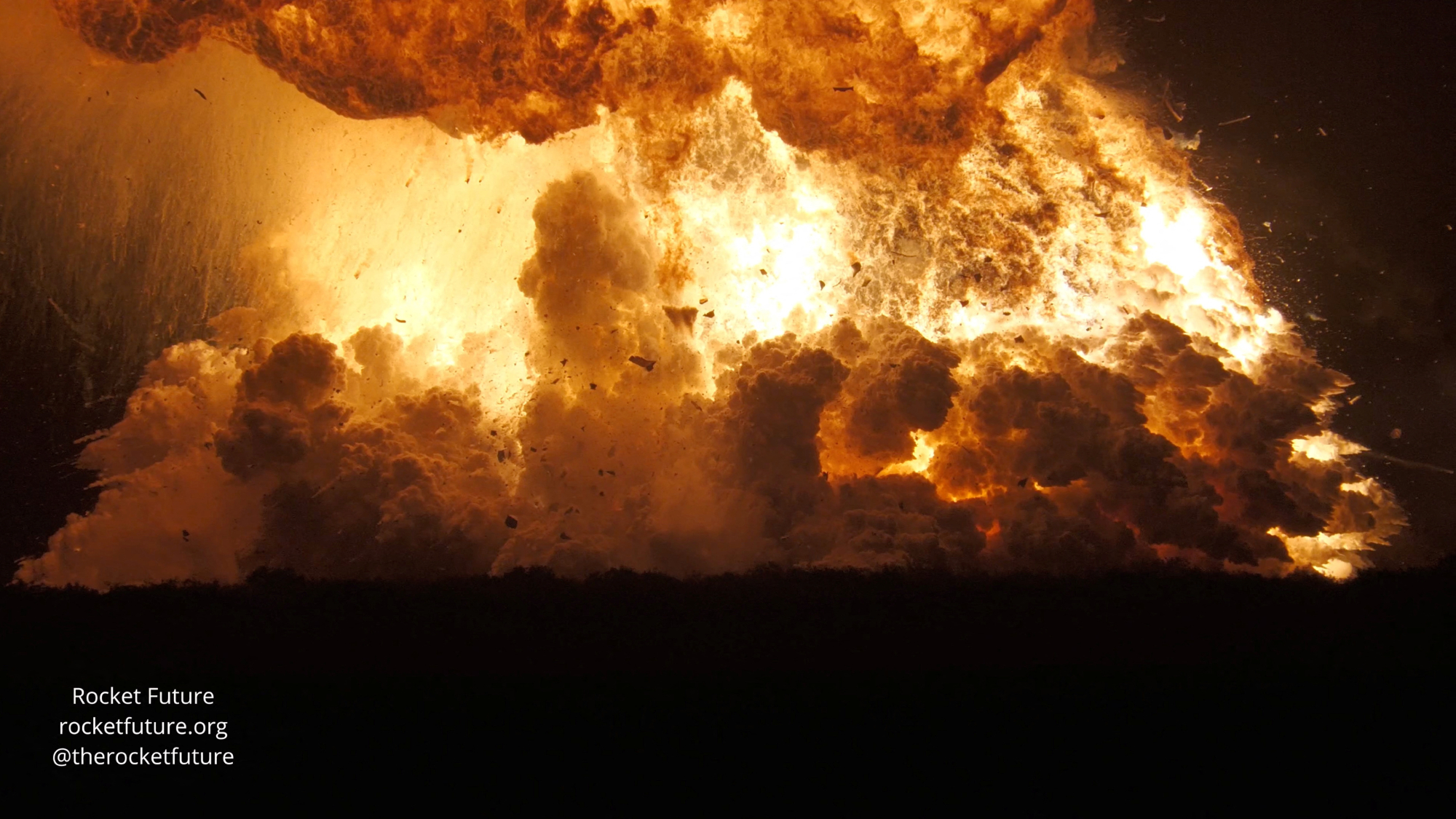 Another Starship blast sets back Musk's Mars hopes
Another Starship blast sets back Musk's Mars hopesSpeed Read Nobody was killed in the explosion, which occurred in south Texas
-
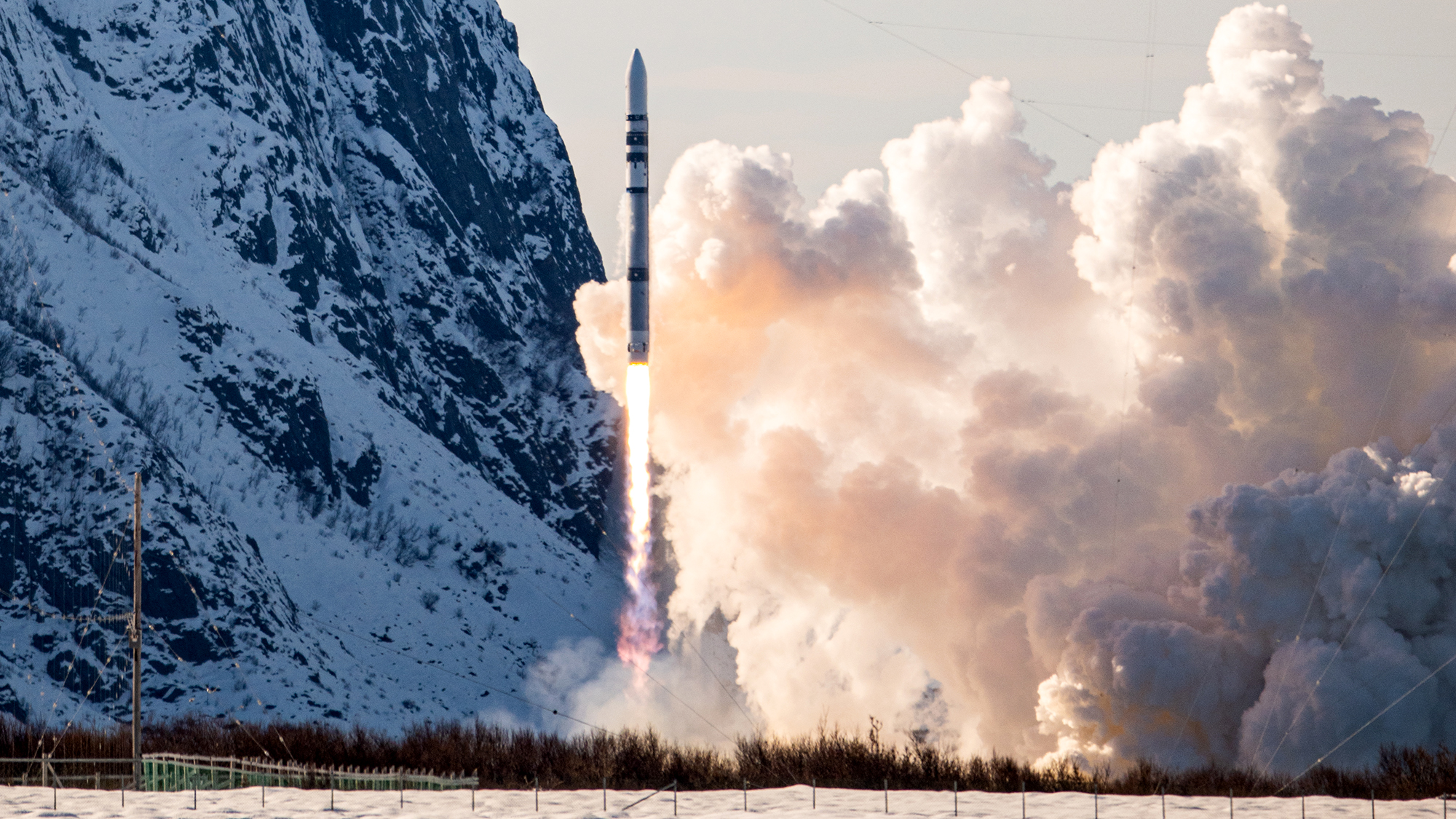 Test flight of orbital rocket from Europe explodes
Test flight of orbital rocket from Europe explodesSpeed Read Isar Aerospace conducted the first test flight of the Spectrum orbital rocket, which crashed after takeoff
-
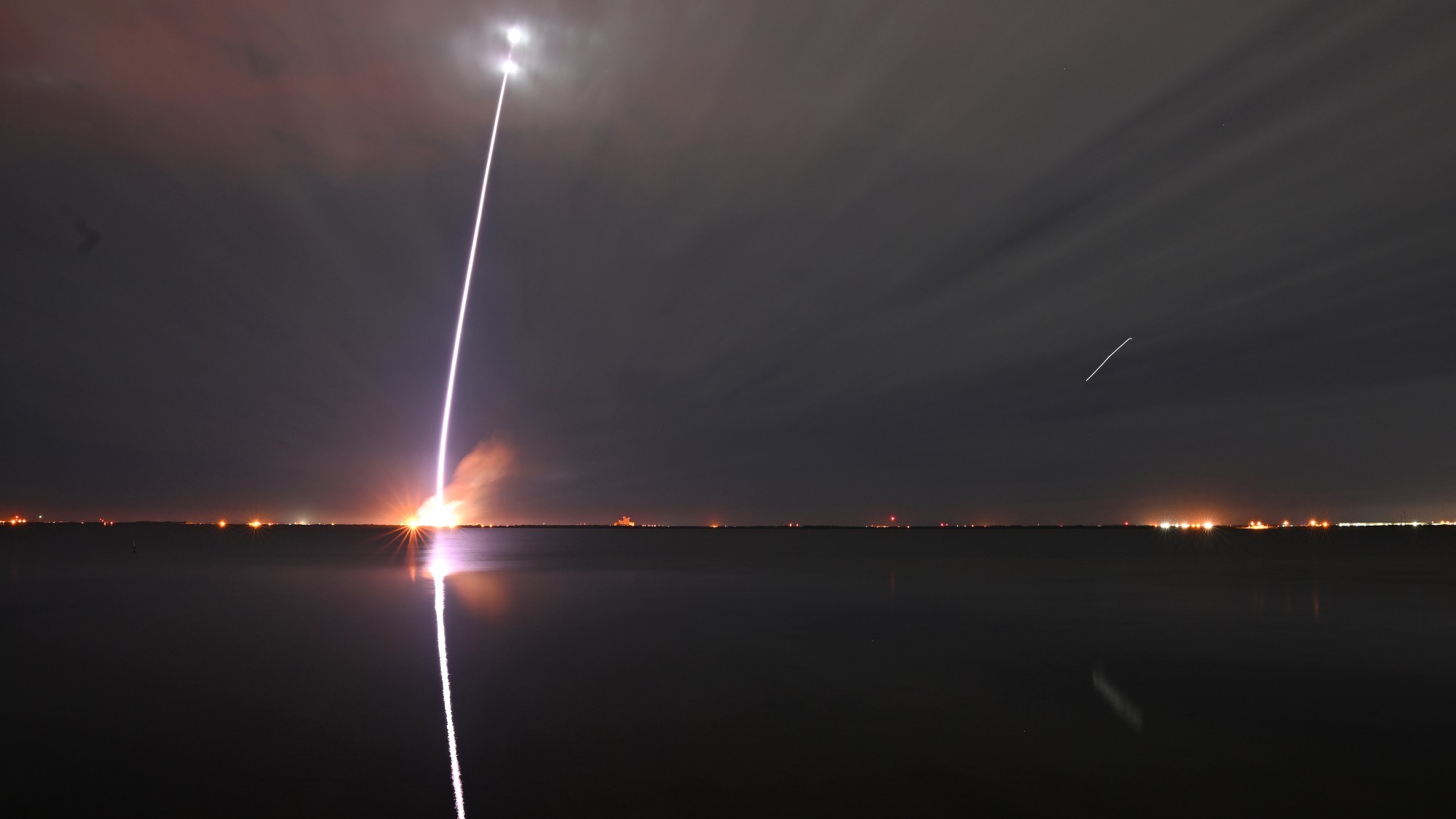 Jeff Bezos, Elon Musk and the billionaire space race
Jeff Bezos, Elon Musk and the billionaire space raceThe Explainer Tesla CEO and Amazon founder vie for dominance of satellite launch market and could influence Nasa plans to return to Moon
-
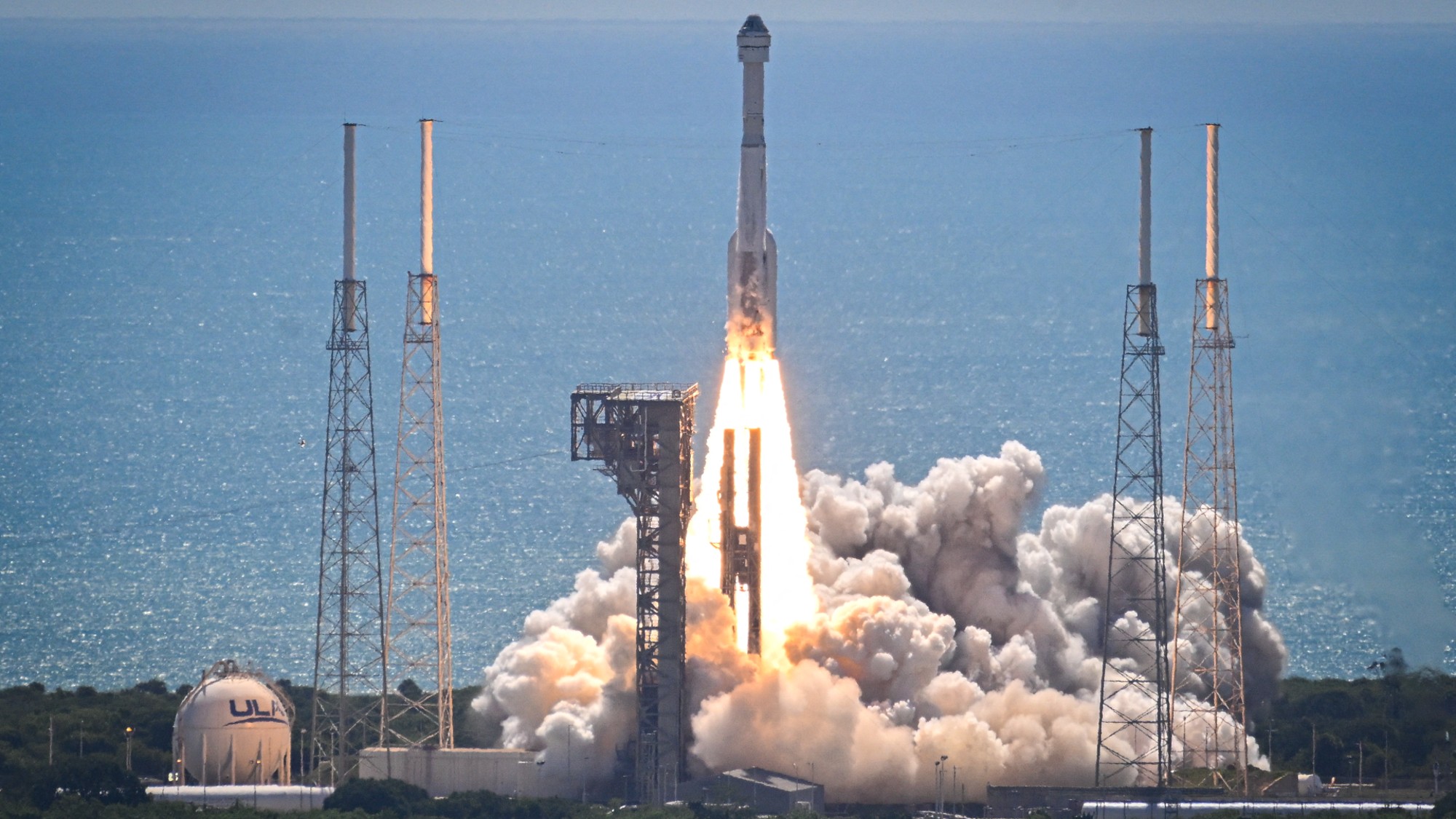 Starliner: What went wrong?
Starliner: What went wrong?Today's Big Question Boeing spacecraft has had a 'long, difficult road'
-
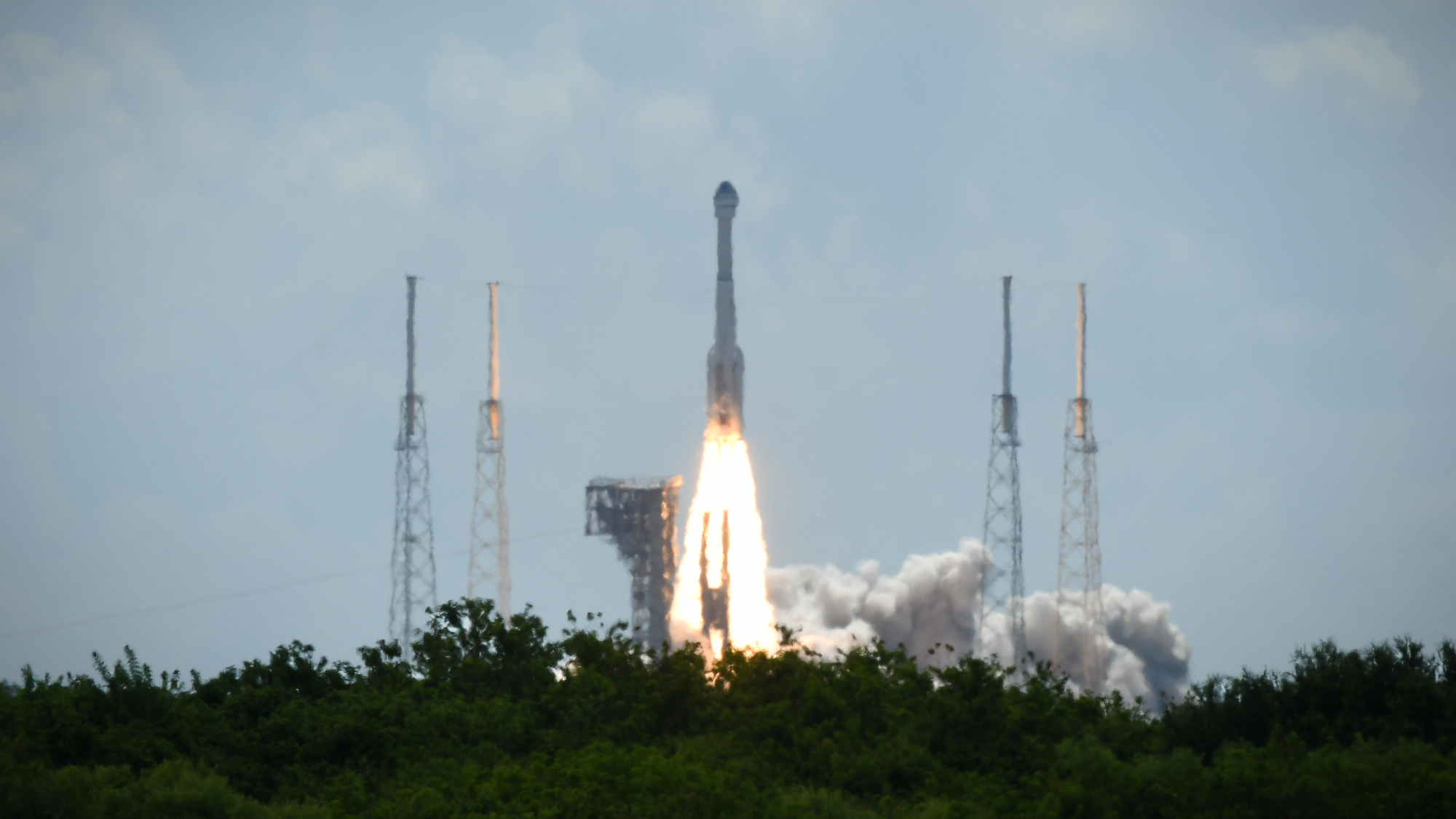 Boeing, SpaceX successfully test key rockets
Boeing, SpaceX successfully test key rocketsSpeed Read Boeing’s Starliner docked at the ISS and SpaceX completed its fourth test launch of its Starship spacecraft
-
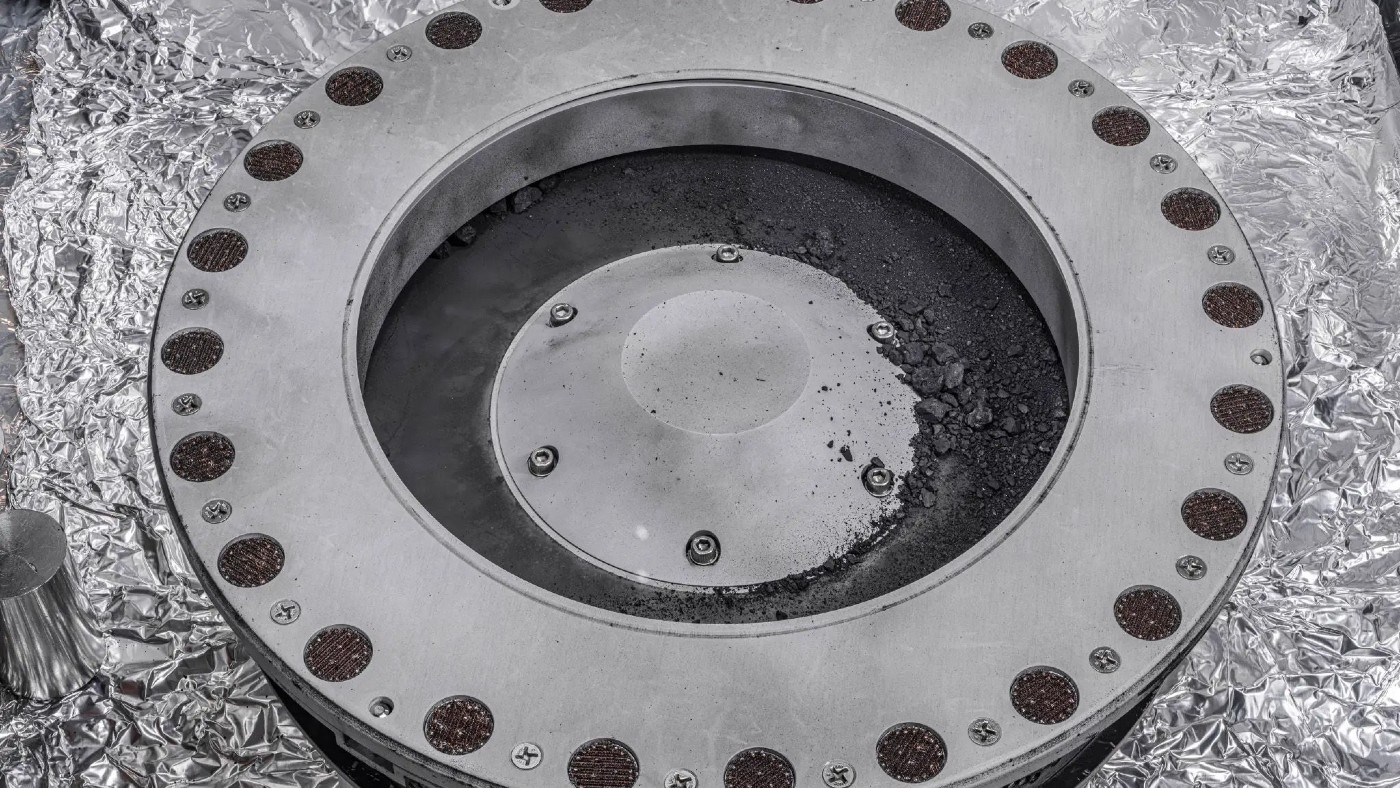 Nasa reveals first findings from asteroid that could explain origins of life
Nasa reveals first findings from asteroid that could explain origins of lifeSpeed Read Sample from Bennu has been found to contain an abundance of water and carbon
-
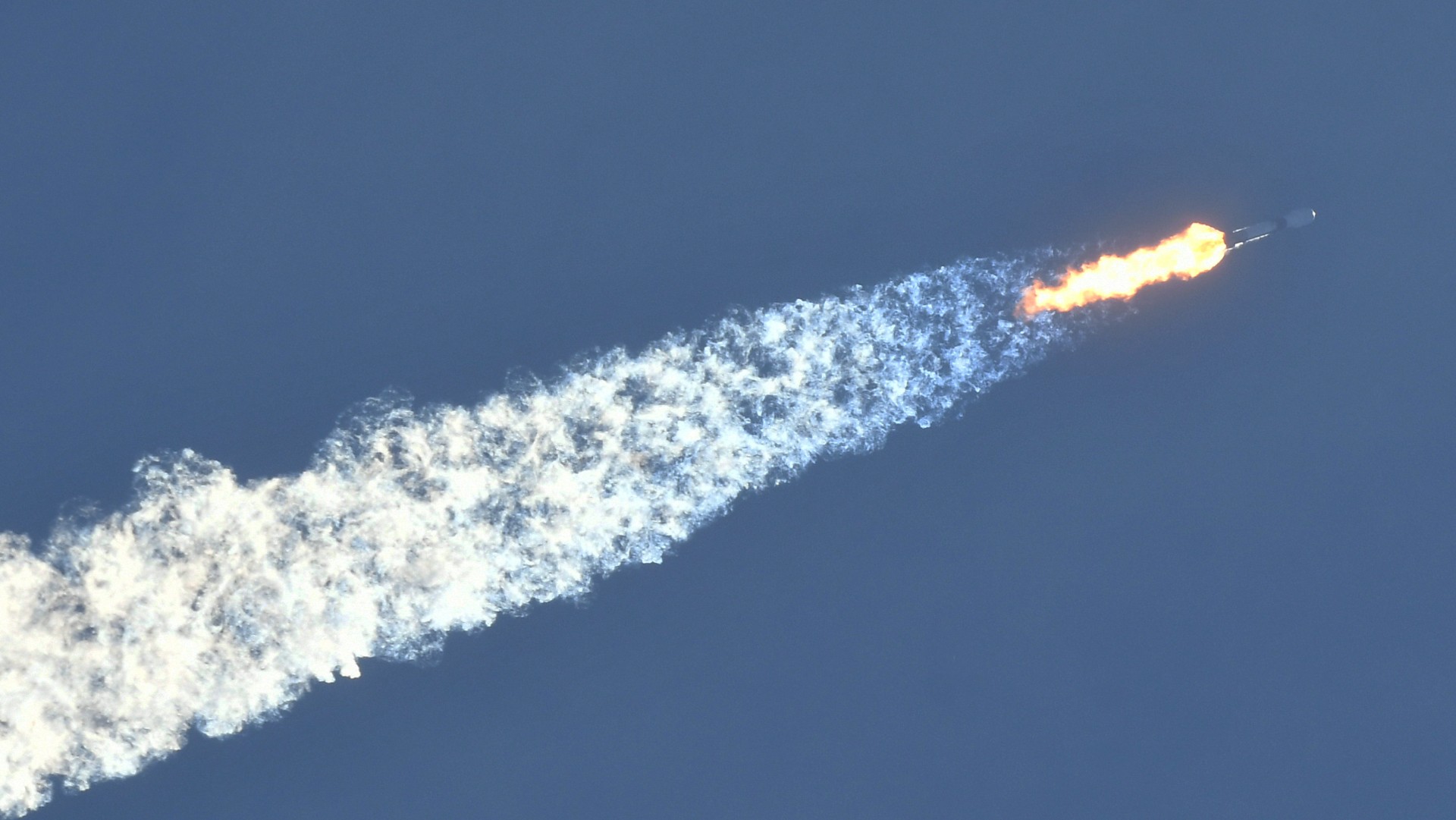 How worried we should be about space debris
How worried we should be about space debrisfeature As part of a rocket washes up in Australia scientists warn ‘critical mass’ of orbital junk could only be decades away